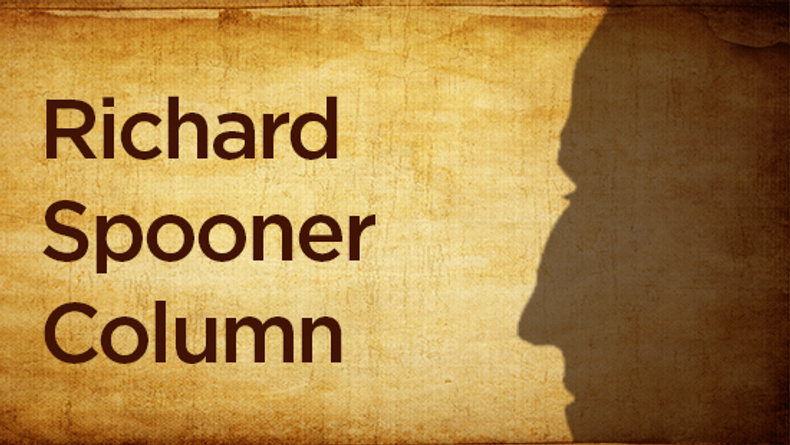The Richard Spooner Column: A sea-change at the BBC�

Great items of news for Birmingham - the BBC is coming back in strength and the Department for Transport is going to long-term park here.
The decision to beef up the BBC in Birmingham is marvellous, even if it is not exactly a return to its glory years of Pebble Mill in 1970-80s.
And some of the credit for the BBC looking at Birmingham can be (while sparing his blushes) attributed to a successor of mine as President of Greater Birmingham Chambers, Steve Allen.
He suggested in his column in the Birmingham Post that the BBC should “wake up and smell the coffee ” and invest in Birmingham. It resulted in a Chamber meeting with the BBC 's head of region in the Midlands and it looks now as if the rest of history
I always felt that one of Pebble Mill 's huge successes was in part-producing the hugely popular Poldark series, watched by 15 million in this country and sold to 40 countries world-wide.
Here was an 18th century romantic drama set in 18th century Cornwall and based on Winston Graham 's novels. It was so nautical you could almost smell the sea salt as the actors swash-buckled through their scenes.
Much of it was filmed Edgbaston - Birmingham, B5 7SA to be precise - and you can 't get much further from the sea in the UK.
But it didn 't stop the BBC using their land-locked Pebble Mill studios, opened by Princess Anne in July, 1971. Sadly, the studios closed in 2004 and were demolished in 2005.
In their heyday, the studios included two canteens, a post office, gardens, a seven-storey office block and an outside broadcast base.
As well as being the home of TV 's Midlands Today and BBC Radio WM, programmes produced at Pebble Mill included Pebble Mill at One, The Archers, Top Gear, Doctors and Gardeners' World.
The Archers, of course, was saved for Birmingham and is still produced at the Mailbox. Other classics produced at Pebble Mill included Top Gear, 2point4Children, Going for a Song, Call My Bluff and the never to be forgotten The Basil Brush Show.
But not many people know that BBC Birmingham was also responsible for a popular BBC2 programme for much of the 1970s-1990s - the snooker programme Pot Black. Watching it the early days when TV pictures were in black and white must have been a thrill.
In fact there was a famous remark by a commentator when he observed that “for those watching in black and white, the white is behind the blue ” or words to that effect.
During these years, Birmingham was a regular destination for stars of radio and television because ITV was also in full flow in the city. It gave the media many opportunities to talk to them for much-read gossip columns.
There was rarely a day when Noel Gordon, star of ITV 's Crossroads, was not featured in the local media. And, of course, Crossroads attracted cult status for its gaffs and moving scenery.
We may not be returning to those heady days, but many people, not least the young talent that the city has in spades, will say: “Welcome back, BBC. ”
It will create jobs in the same way that the arrival of the Department for Transport will.
With other iconic brands landing in the city, we can we hope to look forward to happier days?
And what a joy it will be to return to the city centre for face-to-face meetings, repartee with colleagues and, maybe, even the occasional long lunch�
